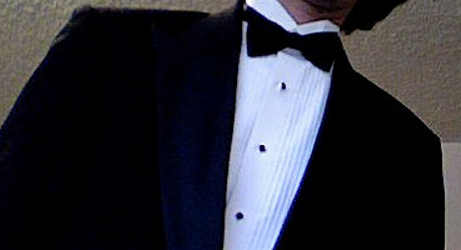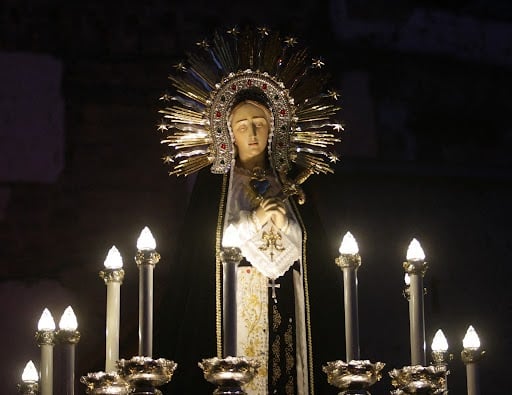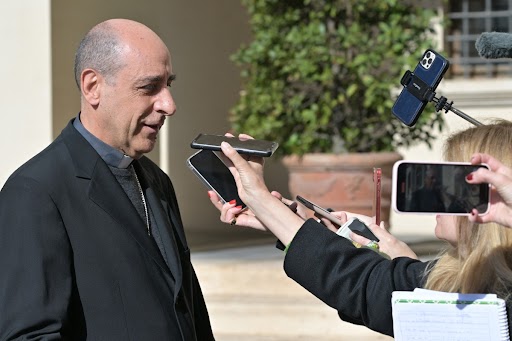The thief, who was around 30 years old according to witnesses, committed the heists in his evening wear on Saturday before making his escape on a scooter with a booty of just under €1,000, the reports said.
Employees at the Eurospin and Lidl shops in the Rome suburb of Torre Spaccata said the thief looked very elegant but the outfit was a poor disguise, especially considering the current heat wave in Rome.
"We were robbed about a month ago as well. The check-out girl knew something was up this time because the man was wearing a tuxedo and a scarf, which is not the sort of thing you wear when it's 40C degrees in the shade," an employee at Lidl told Il Tempo daily.
Police said they were hoping video surveillance tapes would help them catch the thief, who had not bothered to cover his face.




 Please whitelist us to continue reading.
Please whitelist us to continue reading.
Member comments